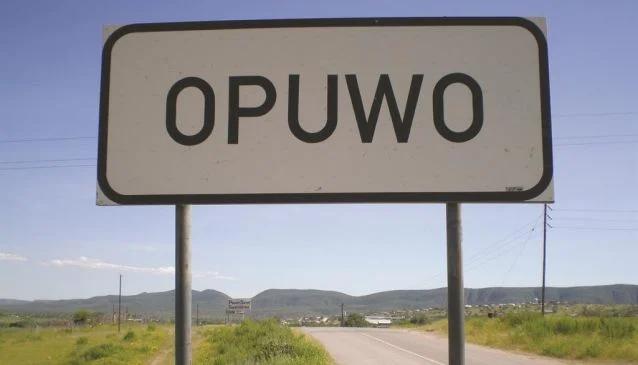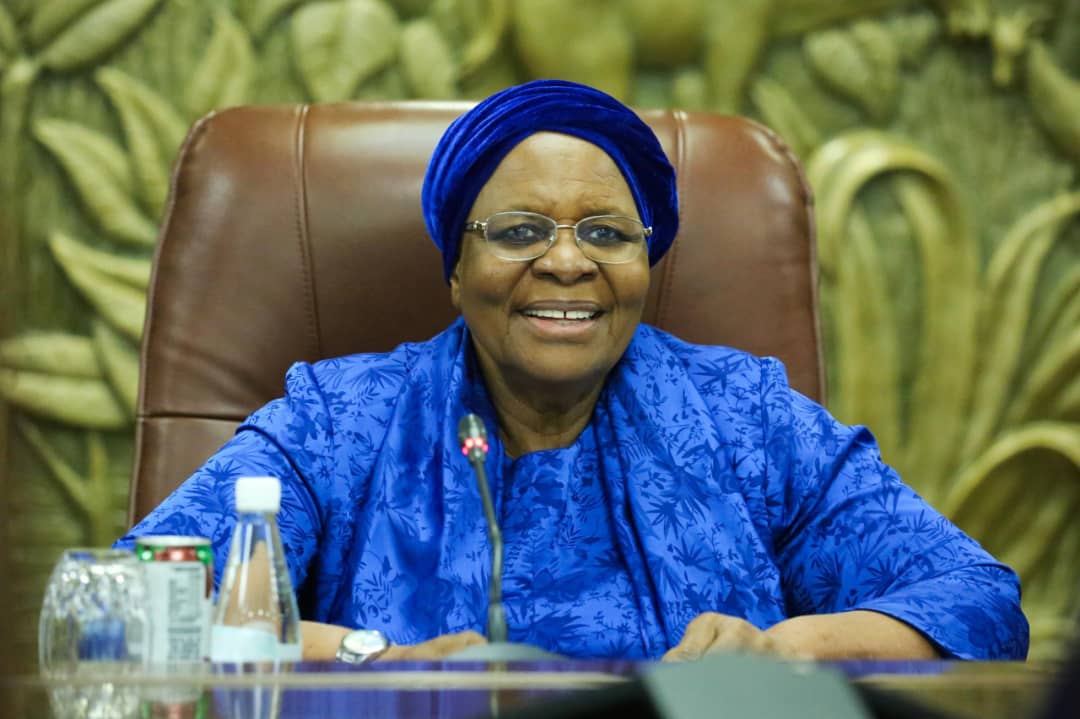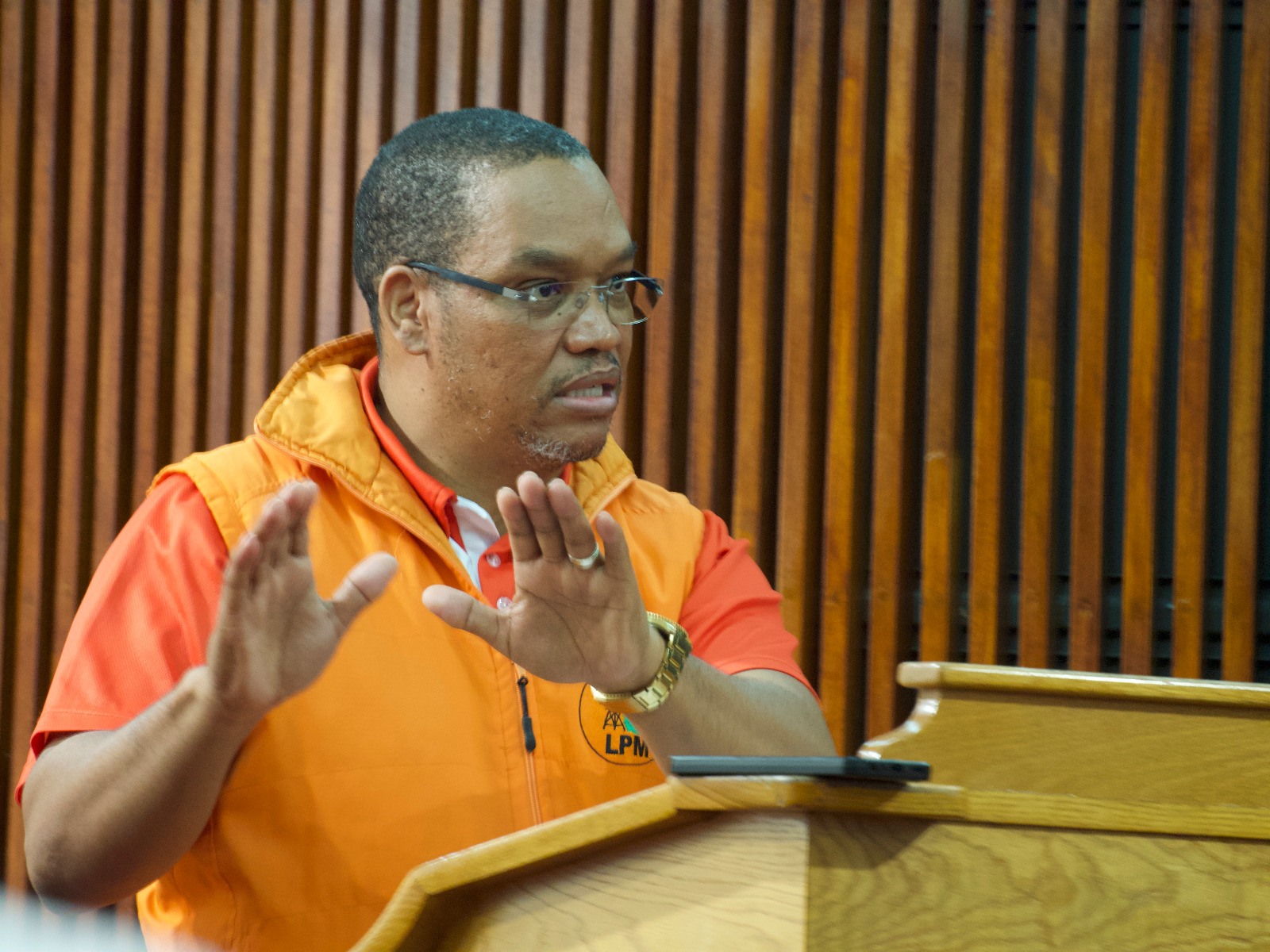MINIMUM-WAGE earners belonging to trade unions on average had to make do with an increase of N$188 last year, but because of high inflation, the buying power of their monthly N$2 190 dropped by more than three per cent compared to 2007.
For this they had to work an average of 44 hours per week.’The global economic crisis merely worsened the social crisis of mass unemployment that had already existed before,’ the Labour Resource and Research Institute (LaRRI) said yesterday.Their research shows that minimum wages were increased on average by 9,07 per cent last year. Average inflation for 2008 stood at 12,2 per cent, however – in real terms meaning that workers had 3,22 per cent less money in their pockets.Releasing its Wage Bargaining Report for 2008, LaRRI warned: ‘Unless we start realising that a small minority cannot live in peace and happiness while the vast majority remains hungry and desperate, we will continue building the foundation for future disaster.’The institute did not only express concern about persisting income inequalities and Namibia truly being ‘a rich country with poor people’, it also urged trade unions to become more clued up.’To be effective in negotiations, trade unionists need to be well informed about the current state of economic and social affairs of the country so as to base their negotiations on facts.’LaRRI also called on unions to stop negotiating across-the-board increases. ‘This benefits higher-paid workers more than the lower-paid ones and essentially contributes to widening the wage gap in the country,’ Iipumbu Sakaria, co-author of the report, said.Unions like the Namibia Public Workers’ Union (Napwu), the Namibia National Teachers’ Union (Nantu) and the Mineworkers’ Union of Namibia (MUN) should furthermore move away from the tradition of negotiating only for wages and include benefits like housing, transport and medical aid contributions, he said.According to the LaRRI report, only the Namibia Transport and Allied Workers’ Union (Natau) managed to secure an increase higher than the inflation rate for its members last year. The monthly minimum wage for Natau members, excluding the security industry, increased by 12,5 per cent from N$2 315 to N$2 604. In real terms, this meant 0,3 per cent more money than in 2007.Although their monthly wages increased in nominal terms, the members of all the other unions were worse off in terms of buying power than the year before. Worst off were members of Nantu, whose buying power dropped by 6,2 per cent compared to 2007. They were followed by members of the Metal and Allied Namibia Workers’ Union (Manwu), whose monthly earnings could buy 4,75 per cent less than the previous year.The Namibia Food and Allied Workers’ Union (Nafau) negotiated an increase of 7,84 per cent for its members. However, sky-high inflation eroded what the newly negotiated monthly minimum of N$1 605 could buy by 4,36 per cent.MUN negotiated real wages increases of minus 3,2 per cent, while both the Namibia Farm Workers’ Union (Nafwu) and Napwu managed to obtain real wage increases of minus 2,2 per cent.’The year 2008 was not a good year for workers, as they had to content with reduced growth in the national economy, the continuous inequality of wealth distribution and wage increases below the inflation rate,’ Sakaria and co-author Naita Kamho said.Namibia’s trade unionists need to devise new plans and methods how best to deal with the situation, they urged.’It will be difficult for trade unions to really improve the working and living conditions of their members as long as no structural and economic changes are taking place,’ LaRRI said.jo-mare@namibian.com.na
Stay informed with The Namibian – your source for credible journalism. Get in-depth reporting and opinions for
only N$85 a month. Invest in journalism, invest in democracy –
Subscribe Now!










